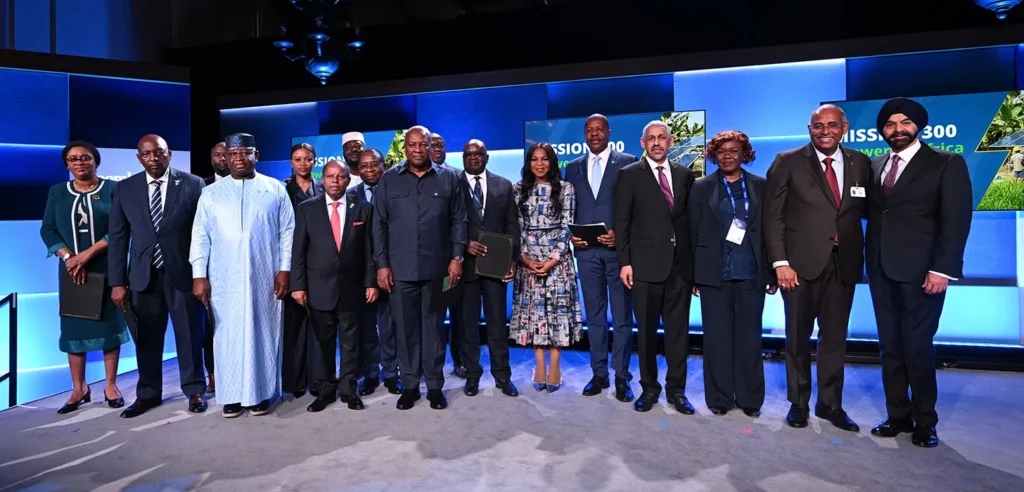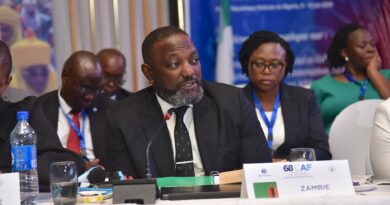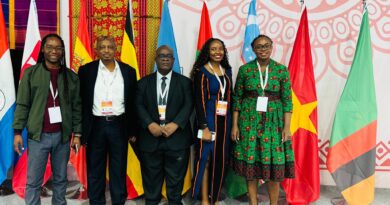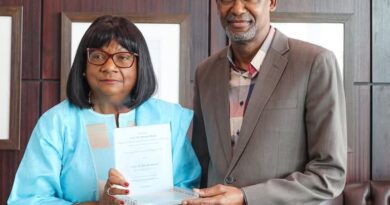17 African Nations Commit to Expanding Electricity Access Under Mission 300
Seventeen African governments have pledged concrete reforms and actionable plans to expand electricity access under Mission 300, an ambitious partnership spearheaded by the World Bank Group and the African Development Bank Group. The initiative seeks to connect 300 million Africans to reliable and affordable power by 2030.
The commitments were announced at the Bloomberg Philanthropies Global Forum, where National Energy Compacts—blueprints to guide public spending, trigger reforms and attract private capital—were endorsed by Benin, Botswana, Burundi, Cameroon, Comoros, the Republic of the Congo, Ethiopia, Gambia, Ghana, Guinea, Kenya, Lesotho, Mozambique, Namibia, São Tomé and Príncipe, Sierra Leone and Togo.
World Bank Group President Ajay Banga underscored the transformative power of energy access: “Electricity is the bedrock of jobs, opportunity, and economic growth. Mission 300 is more than a target—it is forging enduring reforms that slash costs, strengthen utilities, and draw in private investment.”
Since its launch, Mission 300 has already delivered electricity to 30 million people, with more than 100 million connections currently in the pipeline.
African Development Bank Group President Dr Sidi Ould Tah highlighted the economic impact of the initiative: “Reliable, affordable power is the fastest multiplier for small and medium enterprises, agro-processing, digital work, and industrial value-addition. Give a young entrepreneur power, and you’ve given them a paycheck.”
The National Energy Compacts are tailored to individual country contexts and integrate three core tracks: infrastructure, financing, and policy. Earlier this year, 12 other African countries, including Chad, Côte d’Ivoire, Nigeria, Senegal and Zambia, pledged more than 400 policy actions under the scheme.
The pledges made this week were backed by strong statements from African leaders. Botswana’s President Duma Boko said the compact represented a pledge to ensure accessible, reliable and affordable energy to drive economic transformation, while Kenya’s President William Ruto reaffirmed his country’s commitment to achieving universal access to electricity and transitioning fully to clean energy by 2030.
Mozambique’s President Daniel Chapo positioned his country as a regional energy hub, stating: “Mozambique is on track to achieve Mission 300 targets and consolidate our role as a regional powerhouse through the export of abundant, affordable and clean energy.”
Mission 300 is supported by development partners including the Rockefeller Foundation, the Global Energy Alliance for People and Planet (GEAPP), Sustainable Energy for All (SEforALL), and the World Bank’s Energy Sector Management Assistance Program (ESMAP), alongside multiple development finance institutions providing co-financing and technical assistance.
With over 600 million Africans still lacking electricity, Mission 300 represents one of the most ambitious energy access efforts in history, aligning public policy, private capital, and international development resources to drive inclusive growth and green industrialisation.



